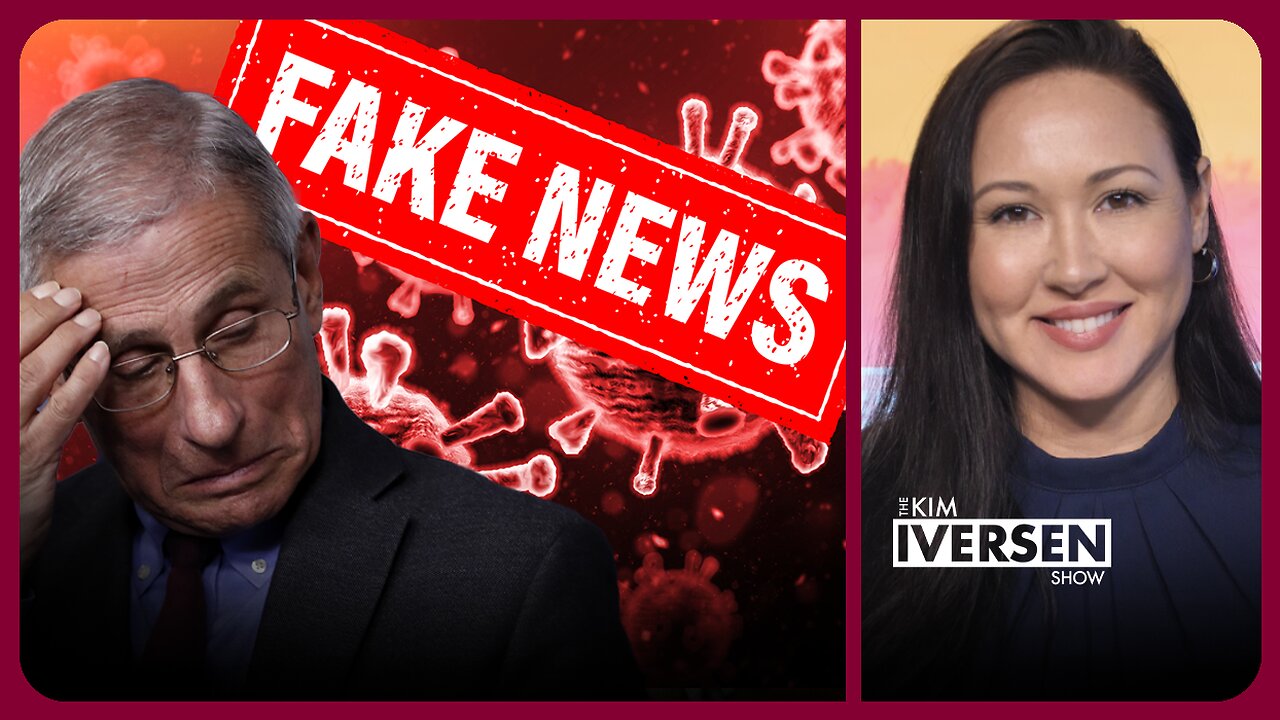You will simply post the same garbage over and over and over as you have done for over the last year.Show me solid evidence that any of the microbes recorded in any electron micrograph is actually a biological virus and then we can talk about your "proofs".
Insulting the quality of your opponent's arguments is not quite as bad as directly insulting your opponent, but it's still pretty bad. If you don't find an argument to be persuasive, you should simply point out why and leave it at that.
Proof it is a virus -
It came from a creature or plant showing signs of a disease.
Your argument seems to be that if a creature or plant shows signs of disease, then anything that "came" from it must be a virus. This is nonsense.
It was grown in a cell culture.
If you can show me any solid evidence that a biological virus was "grown" anywhere, by all means, present it.
It was isolated using one of several different methods
I've seen absolutely no evidence that any biological virus has ever been isolated using the conventional definition of the term. This is something that the signers of the statement referenced in the opening post talk about extensively. Quoting from the "Settling the Virus Debate" statement:
**
Perhaps the primary evidence that the pathogenic viral theory is problematic is that no published scientific paper has ever shown that particles fulfilling the definition of viruses have been directly isolated and purified from any tissues or bodily fluids of any sick human or animal. Using the commonly accepted definition of “isolation”, which is the separation of one thing from all other things, there is general agreement that this has never been done in the history of virology. Particles that have been successfully isolated through purification have not been shown to be replication-competent, infectious and disease-causing, hence they cannot be said to be viruses. Additionally, the proffered “evidence” of viruses through “genomes" and animal experiments derives from methodologies with insufficient controls.
**
Full statement:

The “Settling The Virus Debate” Statement
 drsambailey.com
drsambailey.com



